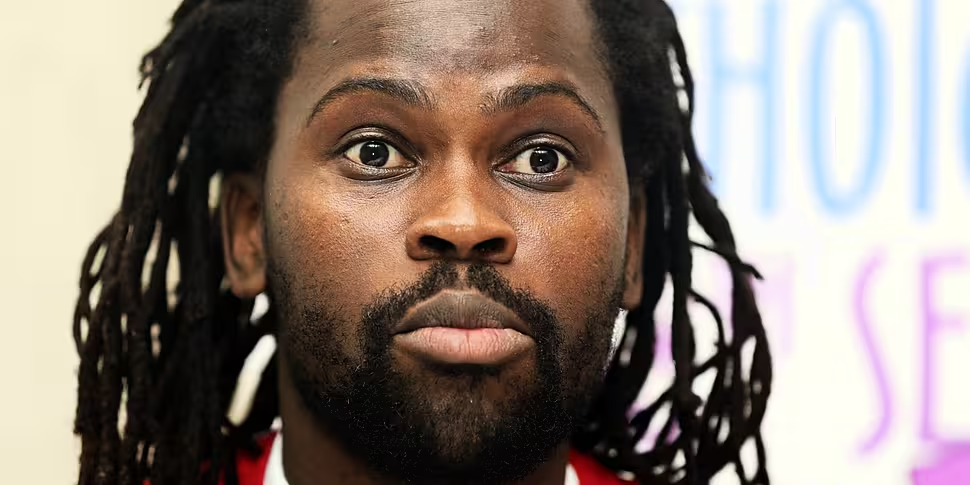A group representing asylum seekers says many 'don't have that much hope for change'.
It comes as the Irish Human Rights and Equality Commission (IHREC) is to warn that a white paper on ending direct provision is already behind schedule.
The system is set to be phased out and replaced by the end of 2024 under Government plans.
It comes after a report, prepared by Dr Catherine Day, suggested sweeping changes to the existing system.
An expert group recommended extending the right to work to asylum seekers, and the exploration of alternative housing models.
The group also suggested working with the Department of Transport towards access to driving licenses.
But Bulelani Mfacois, spokesman for the Movement of Asylum Seekers in Ireland (MASI), told Newstalk Breakfast proposals around the right to work have been watered down.
"You have people who were told by the Catherine Day advisory group that they should be allowed to work, and the Government watered down the recommendation on the right to work, and only allowed people to work who had been in the system for six months without a first instance decision.
"People who have a first instance decision are still in the direct provision system not being allowed to work.
"So you have disparities in how the State treats people within the asylum system."
He adds that other recommendations have also not been fulfilled, such as allowing asylum seekers to obtain a driving licence.
"People don't have that much hope for change, it's almost like a waiting game - in limbo - that asylum seekers have been used to for many many years in the direct provision system".
He says reforming the system is still just 'a pipe dream'.
"It's never been fit for purpose - I think report after report, from both domestic and international human rights bodies, have condemned the system of direct provision for the prolonged period that people spend in limbo.
"Not knowing whether or not they'll be allowed to stay in Ireland, and in many cases not being allowed to work.
"It's never been humane, in direct provision you currently don't have the right to privacy.
"For instance if you are a single person, you would be forced to share a bedroom with a stranger from wherever in the world."
Mr Mfacois says he remembers this experience from when he first arrived here.
"One of the first roommates that I had actually didn't like gay people, and I'm an openly gay man.
"So you can imagine a situation where it's very difficult, it's demoralising".
And he says he cannot see how the system will be replaced by 2024.
"There are currently over 4,000 people awaiting an interview to assess their asylum claim.
"Those people are currently in direct provision, and there is no sense that the Government is moving to getting the thousands of people who are already in the system out of direct provision.
"So the idea that by December 2024 direct provision will be over remains just a pipe dream."









